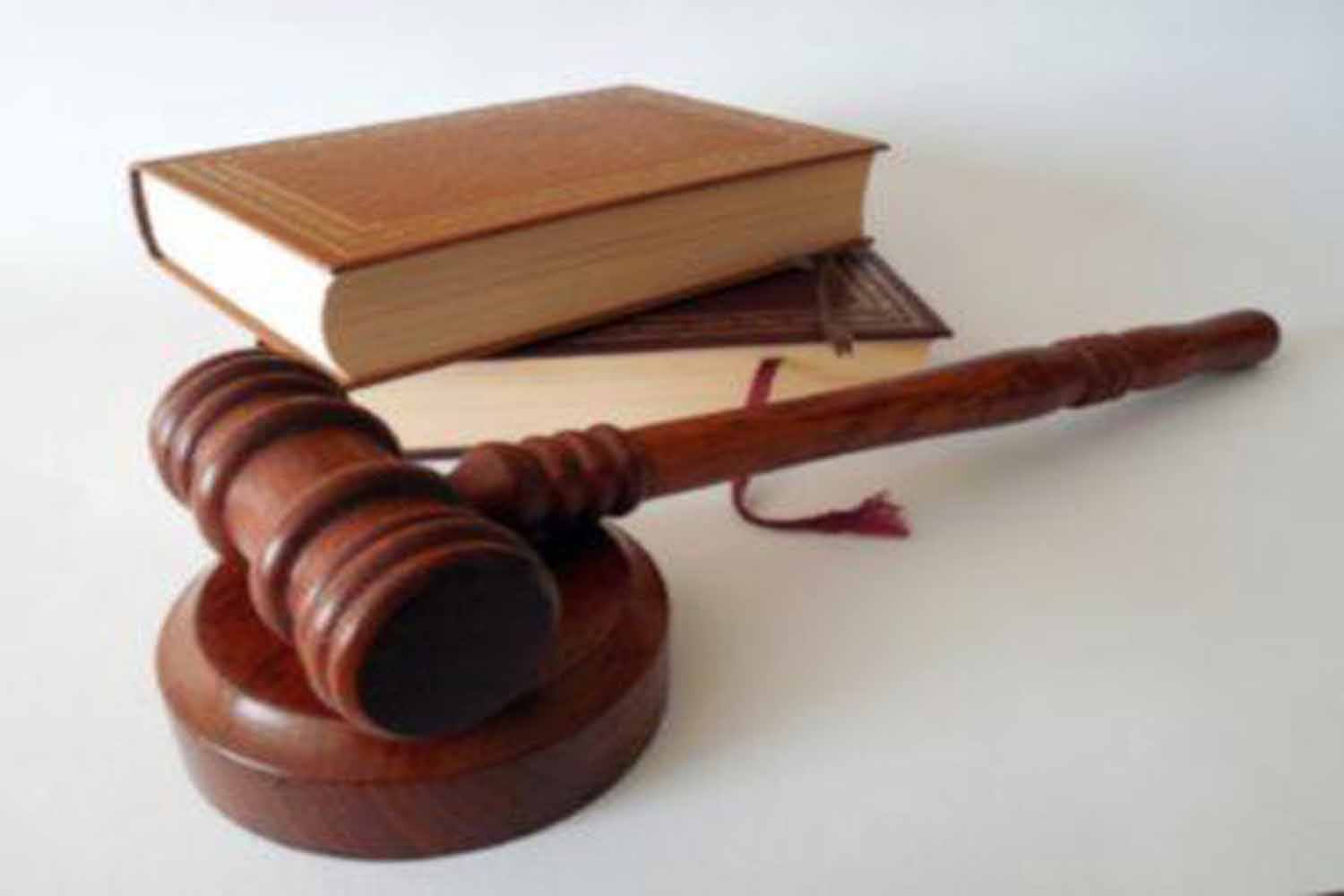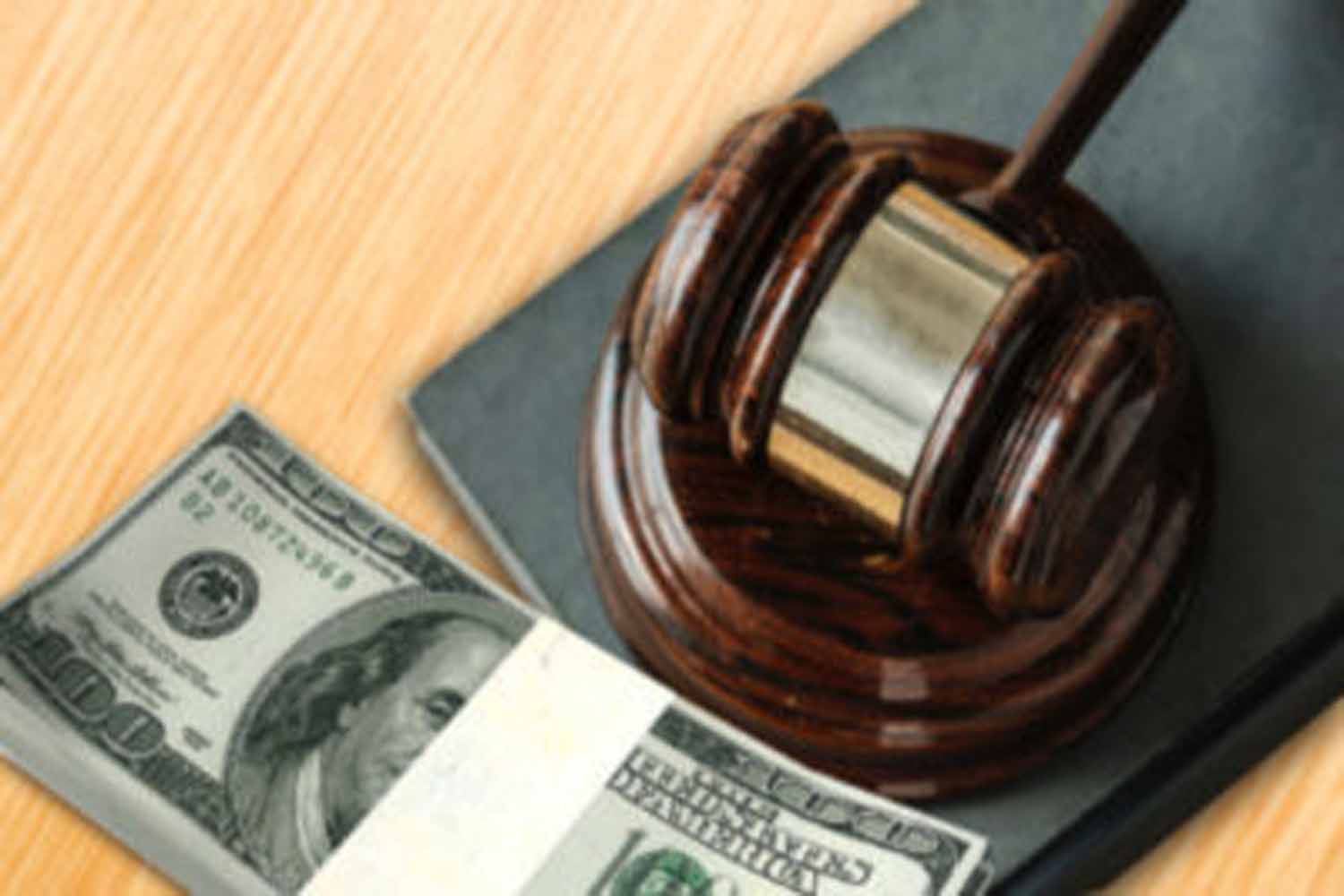The statute of limitations refers to the period of time in which a potential plaintiff is allowed to bring a legal claim against a potential defendant. Chapter 95, Florida Statutes, provides the statute of limitations period for all possible causes of action under Florida law. For a breach of contract claim, Section 95.11(2)(b), Florida Statutes, makes clear that the statute of limitations is five years for most contracts (contracts for the improvement of real property have a 4 year statute of limitations). This means that if suit is filed five years and one day after the breached occurred, the defendant could raise a statute of limitations defense and have the suit dismissed. However, not all contracts are the same and, therefore, the statute of limitations does not apply to all contracts equally. This blog post discusses how the statute of limitations for claims involving a breach of contract applies to what is known as installment contracts.
Blogs & Resources
Jimerson Birr, P.A. offers clients a customer-focused and cost-effective alternative to larger business law firms.





